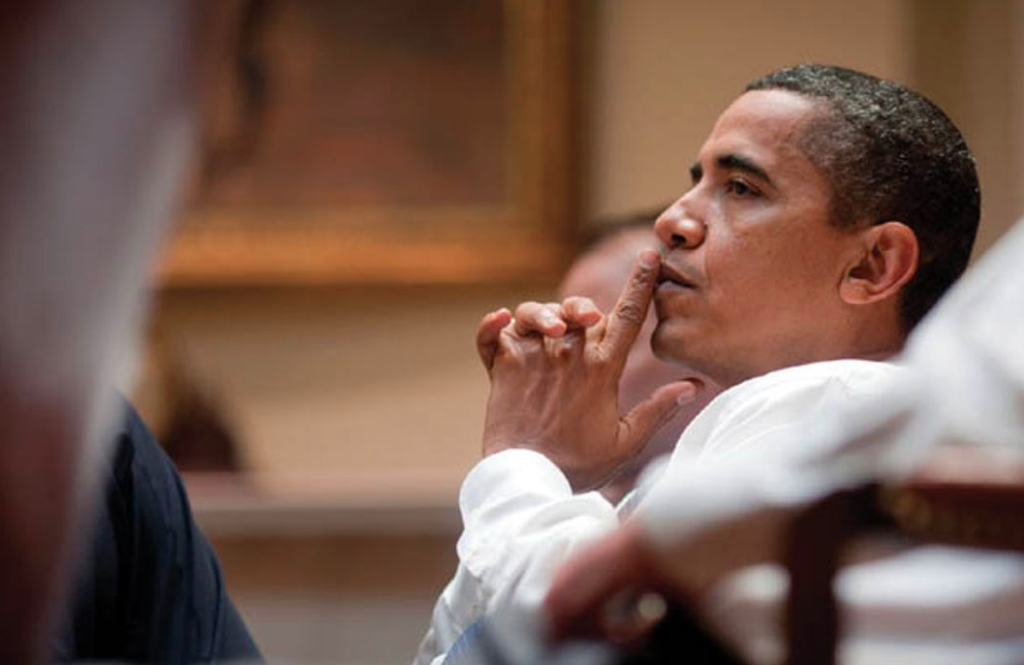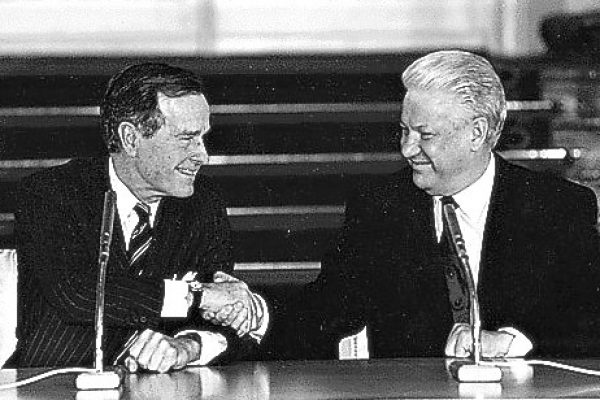Editor’s Note: The following is a response to The Soft Side of Regime Change by Flynt Leverett and Hillary Mann Leverett.
A sensible, balanced discussion on Iran is difficult to come by these days. The level of hysteria within the Beltway is so high, analysts and pundits cannot even agree on the color of the sun. And one would be naïve to expect this charged atmosphere to be devoid of personal attacks, malicious insinuations, and the use of book reviews to discuss anything but the actual book that is supposed to be reviewed.
Flynt Leverett and Hillary Mann Leverett are not the first to write such a “review” of my new book A Single Roll of the Dice: Obama’s Diplomacy with Iran. A similar attack came from another side of the debate, with Sohrab Ahmari’s Wall Street Journal article. In both cases, instead of employing analytical rigor to understand a complex situation in which 30 years of institutionalized obstacles helped sabotage President Obama's initial diplomatic effort, they simply lay the blame on the party they oppose on ideological grounds—in the Leverett’s case, Obama; in Ahmari’s case, the Iranians. Those who disagree with their points of view are (simultaneously) labeled a neoconservative or an Iran apologist.
The Leveretts are two distinguished former U.S. officials, with backgrounds in the State Department, the CIA, and the White House. Their opposition to the George W. Bush administration’s occupation of Iraq—over which Flynt resigned from his position at the National Security Council—was admirable. They have both paid a personal and professional price for their convictions.
Which is exactly why their article falls so short of the standards one expects of them. I will not address the many false accusations, insinuations, or assumptions of motives they ascribe to me. Nor the many factual errors contained in their article since they are too numerous to detail. Some of their extrapolations and accusations—such as referring to me as a neo-conservative without a gun, or comparing the book (which strongly argues against war) with Kenneth Pollack’s The Threatening Storm: The Case for Invading Iraq—are so preposterous and disconnected from reality that they discredit their article and do not dignify a response.
Their assessment of the book seems to be based on their disagreements with my analysis on two points, one central and one peripheral to my thesis. First, the peripheral point: The Leveretts are stalwart proponents of the idea that Mahmoud Ahmadinejad won the 2009 elections fair and square, members of the opposition were simply sore losers, and no smoking gun has been provided to substantiate the accusations of fraud. This is a peripheral point in the book; I did not have the ambition to reach a conclusive verdict on this highly polarized issue. As I write:
Whether the election in Iran was rigged, whether the votes were ever counted, and whether the fraud was unnecessary—some argue that Ahmadinejad would have won even without any cheating—will be debated endlessly. And no universal consensus will likely ever be reached—the issue has so polarized the two sides that any agreement on an objective reality is unlikely for the foreseeable future. What can be concluded, however, is that the Ahmadinejad camp had a plan.
The book does not try to resolve this debate. Rather, it focuses on how the Obama administration reacted to the developments in Iran and vice versa, as well as how the election scandal and the subsequent human rights abuses (which are undisputable) affected the Obama administration’s Iran policy, its calculations, and its political space and maneuverability.
Obama’s vision was consistently compromised by his own cabinet, Israel, Saudi Arabia, lobbyists, Congress, and the actions of the Iranian government.
A more central point of disagreement is the Leveretts’ belief that the Obama administration was never serious about diplomacy with Iran. The administration’s rhetoric about engagement was, in their view, merely a clever trick designed to rally international support behind massive sanctions on Iran. It is not clear whether the Leveretts’ position is a conclusion or an assumption. Either way, they do not present any evidence (no need for a smoking gun here, it seems) to support their contention beyond some of the writings of Dennis Ross prior to his entering the Obama administration, and the fact that the Obama White House did not emulate Richard Nixon’s tactics when he went to China.
In my more than 60 conversations and interviews with Obama administration officials, as well as officials from key states involved in this issue such as Israel, Saudi Arabia, and the European Union, I did not come across evidence supporting the Leveretts’ assumption/conclusion. Rather what emerged was a much more complex picture in which the president’s vision was consistently compromised by opposition from within his own cabinet; by pressure from Israel, Saudi Arabia, lobbyists, and Congress; and by the actions of the Iranian government. All this combined with the administration’s unwillingness to fight for political space. It is this process that I describe in the book.
Indeed, if the Leveretts’ assumption/conclusion is correct, then the pressure from Israel, the opposition from Congress, and obstacles erected by the American Israel Public Affairs Committee were irrelevant. Obama never intended to engage the Iranians seriously. The jockeying and power plays between the White House and its domestic and international critics were all a façade. Operating behind the scenes was an ingenious, systematic, and continuous scheme immune to both unforeseen developments (the election scandal) and the behavior of the Iranian government.
I cannot adopt the Leveretts’ assumption or reach their conclusion in the absence of supporting evidence. How they reached it remains a mystery to me. Their conclusions seem to precede their analysis—the very definition of agenda-driven analysis they so generously ascribe to others.
Ultimately, the Leveretts’ review does not qualify as systematic and academic scrutiny of my book. Rather, it is a political verdict founded in their unwillingness to countenance deviation from their Nixon-goes-to-China proposal for dealing with Iran. I find that regrettable since their approach risks discrediting both themselves and the strategy they so passionately advocate.








